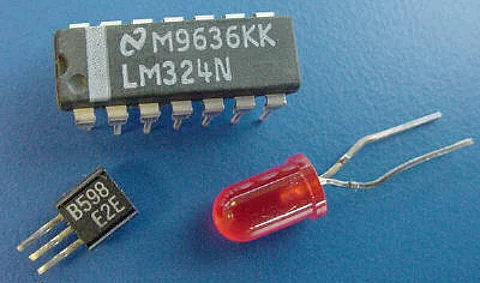

U.S. President Donald Trump ordered companies selling software used for the design of semiconductors to stop sales to China on Wednesday.
According to a report by the Financial Times, Cadence, Synopsys, and Siemens EDA were among the companies told by the Commerce Department to halt their sales to China.
A statement by the Commerce Department to the media on Wednesday said that Washington is “reviewing exports of strategic significance to China.”
The move comes on the same day that the Trump administration has also reportedly prohibited the sale of jet engine technology and certain chemicals to China.
The price of shares for Cadence and Synopsys fell by about 10% each at the close of the stock market upon the news.
These moves are the latest in the ongoing trade conflict between Washington and Beijing. While the tariff war—initiated by Trump on April 2nd—has been paused following an agreement earlier this month that lowered the previous tariffs of 125% and 145% on Washington and Beijing respectively, the Trump administration is still moving to block the export of vital goods to China.
Last week, China warned the U.S. that it was undermining trade talks after the Commerce Department issued a guidance discouraging companies from using advanced computer chips manufactured in China.
China, in turn, has also not relaxed its controls on the export of rare earth minerals to the U.S., which are vital to many high-tech industries, including military equipment such as fighter jets.
After introducing a system in April that required government approval for such exports, the Chinese government has not yet lifted the requirement. Many American businesses believe the controls are here to stay, as the permits currently being issued are valid for only one shipment, requiring exporters to secure new licenses for each additional export.
While China has removed numerous American companies and firms from its export blacklist, it has yet to remove the approval controls.